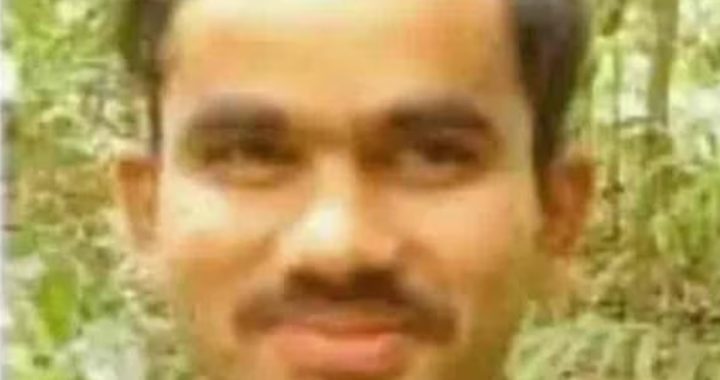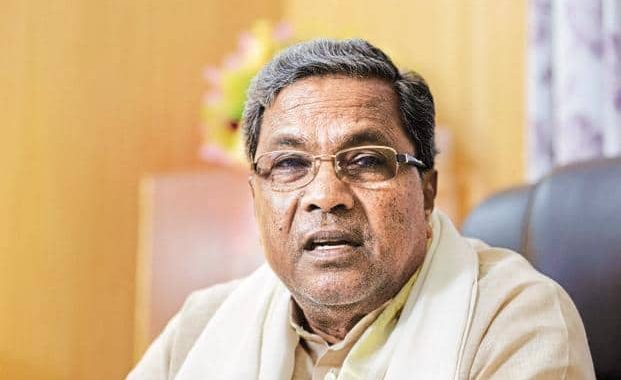One could question, comment and criticise even during emergency
5 min read
M Jameel Ahmed
Mysuru: It was sometime in the middle of 1976 at the peak of the emergency that the University of Mysore invited Deputy Minister of External Affairs Dharam Pal in connection with the diamond jubilee celebration to deliver a special lecture on India’s nuclear policy post-Pokhran -1 ‘peaceful nuclear explosion’ of May 1974 – Indira Gandhi’s ‘brainchild”.
The occasion drew a lot of media attention as the who’s who of the city were expected to gather at the capacious Humanities Auditorium in Manasagangothri campus, with none other than the then Vice-Chancellor D V Urs himself presiding over the function.
Everybody was looking forward to a terrific lecture on a very topical issue which had drawn the attention of the western media too . However, in view of the emergency , not many people thought a discussion too would follow the lecture on a very vexed issue. In any case, it was not the done thing to question, much less to challenge the establishment’s narrative of public policies, domestic or external during the Emergency.
I had just then taken up a doctoral research fellowship at the Department of Political Science. International politics was neither my area of specialisation nor area of research (as I was supposed to be working on legal property relations and the Land Reform in Karnataka). Given the sizzling nature of the topic, I was irresistibly drawn to the venue looking for some excitement.
The chief guest arrived in style at the scheduled time which was rather unusual for a VIP. Perhaps, emergency had something to do with the Minister’s punctuality, as even trains were reportedly running on schedule during those days.
A grand reception to the chief guest to the accompaniment of panegyrics soon followed. Formalities over, the minister took over the podium and began to speak to a well-informed audience on India’s nuclear program, without beating about the bush. He waxed eloquent on the advantages of nuclear energy to society at large. He was off to a fine start and he spoke quite eloquently about India’s nuclear policy and how the Pokhran-1 explosion euphemistically (and I thought deceptively) codenamed ‘Smiling Buddha’ had turned out to be a quantum jump moment for the nation’s nuclear program. He kept harping almost ad nauseam on ‘ nuclear energy for peaceful purpose’ theme of India’s nuclear program , much to my chagrin because I thought that it was unnecessary since India was not a signatory to the NPT 1968. I had an uneasy feeling that the speaker was slightly overdoing the nuclear program for peaceful purpose only point in his presentation which was otherwise quite fascinating.
As his lecture came to a close, I couldn’t help feeling that the minister was needlessly defensive ( almost apologetic) about the possible non-peaceful aspects or implications of Pokhran -1 explosion . The verbal brilliance of his presentation was eclipsed by the coyness of the speaker over the ‘explosion’.
And then came an unexpected announcement, from the Vice-Chancellor, much to the delightful surprise of the audience, that the chief guest would be pleased to take questions . I pounced upon the opportunity offered to take issue with the minister and stood up to ask.
On getting the VC’s nod, I began by pointing out to the minister that he need not have emphasised the peaceful uses of India’s nuclear energy program to the neglect of its possible nonpeaceful/unpeaceful uses. I argued that there was no harm even if India went beyond that stage in order to develop a full-blown nuclear weapon system , since India had a ‘hostile’ nuclearly armed to the teeth neighbour in China. I also drew the attention of the minister to how the western powers were critical of India’s nuclear ambitions, that a developing country like India could ill-afford the luxury of nuclear programs. I pointed out to the minister that his presentation was perhaps adversely influenced by the western countries reaction which India should not give a damn about .
I reminded him that Dr Homi Bhabha, pioneer of India’s nuclear energy program too had publicly opined that India need not fight shy to go nuclear. For his part, however, the minister maintained stoutly that India had no such nuclear ambition under the dynamic leadership of Prime Minister Indira Gandhi. He thought that I had lapped up western propaganda against India’s nuclear program in arguing as I had done.
He even taunted me that my questions were lost in my ‘lengthy comments’. Perhaps, he found my argumentative style of intervention a little off-putting. The minister refused to yield even a centimetre on his version of India’s nuclear policy.
And then came the punch ,something no one ( not even me), had expected – and certainly something the minister had not bargained for when he offered to take questions.
I had observed with a little unease from the moment of the minister’s arrival that there were two armed guards, maybe commandos, who were standing just behind him at the rostrum. Pointing out towards them, I mustered up the courage to ask him why he had brought 2 armed guards to speak to a very decent audience which comprised academia, intelligentsia, research scholars, students and professionals, whom he had nothing to fear; there may be some ruffians too in the audience though.
What peaceful purpose did the arms the guards were bearing, serve, I asked of him ? And was it just in case? The only response that I thought I got from a rattled Dharampal was a confused silence on his face.
And next moment, he sank in his chair, even as a very composed vice-chancellor quickly rose to take over and bring the proceedings to an abrupt closure. He concluded his speech quickly. And it is by far the shortest presidential speech I have ever heard.
As the minister began to leave hurriedly escorted by the VC and other officials of the university towards the portico, I too followed them to see off the chief guest. Once the minister left, the VC turned towards me, shook hands warmly and said “Well Taken”. However, he had a piece of advice too: while commenting, facts should be separated from opinions. I thankfully accepted his advice, while some of my colleagues who were initially astonished at my ‘foolhardiness’ in tweaking a Union Minister’s nose during the Emergency at that, were now surprised that I had managed to get way with it.
– Team Mysoorunews







